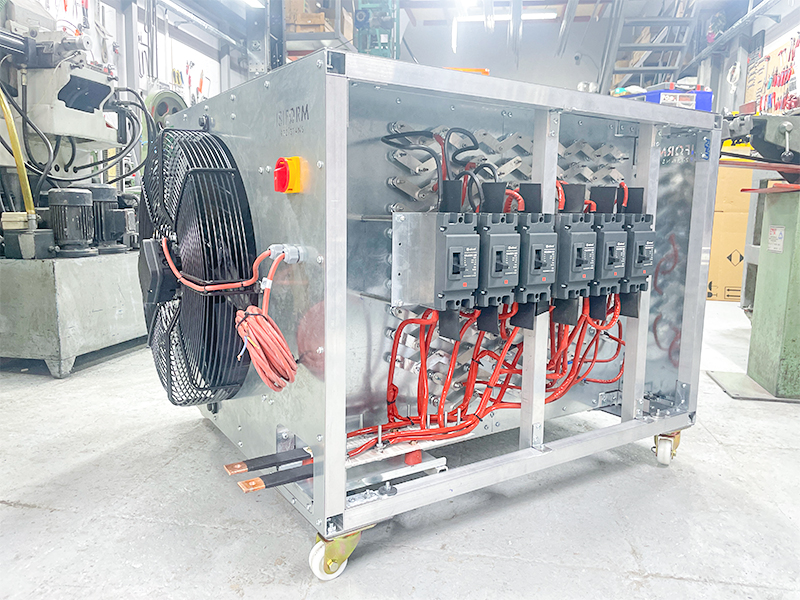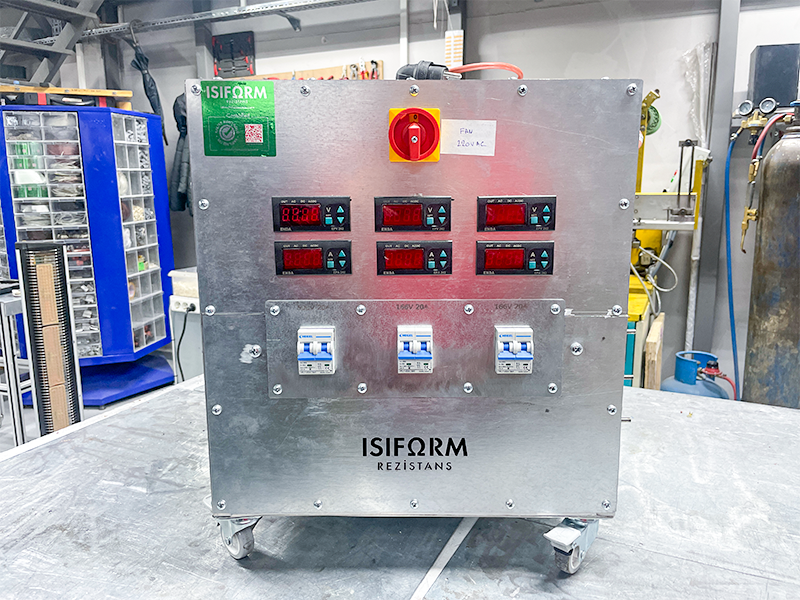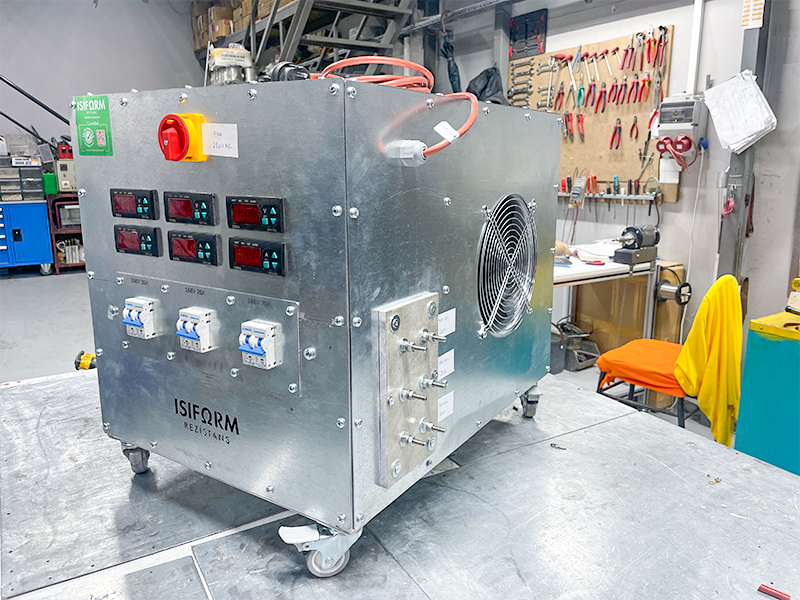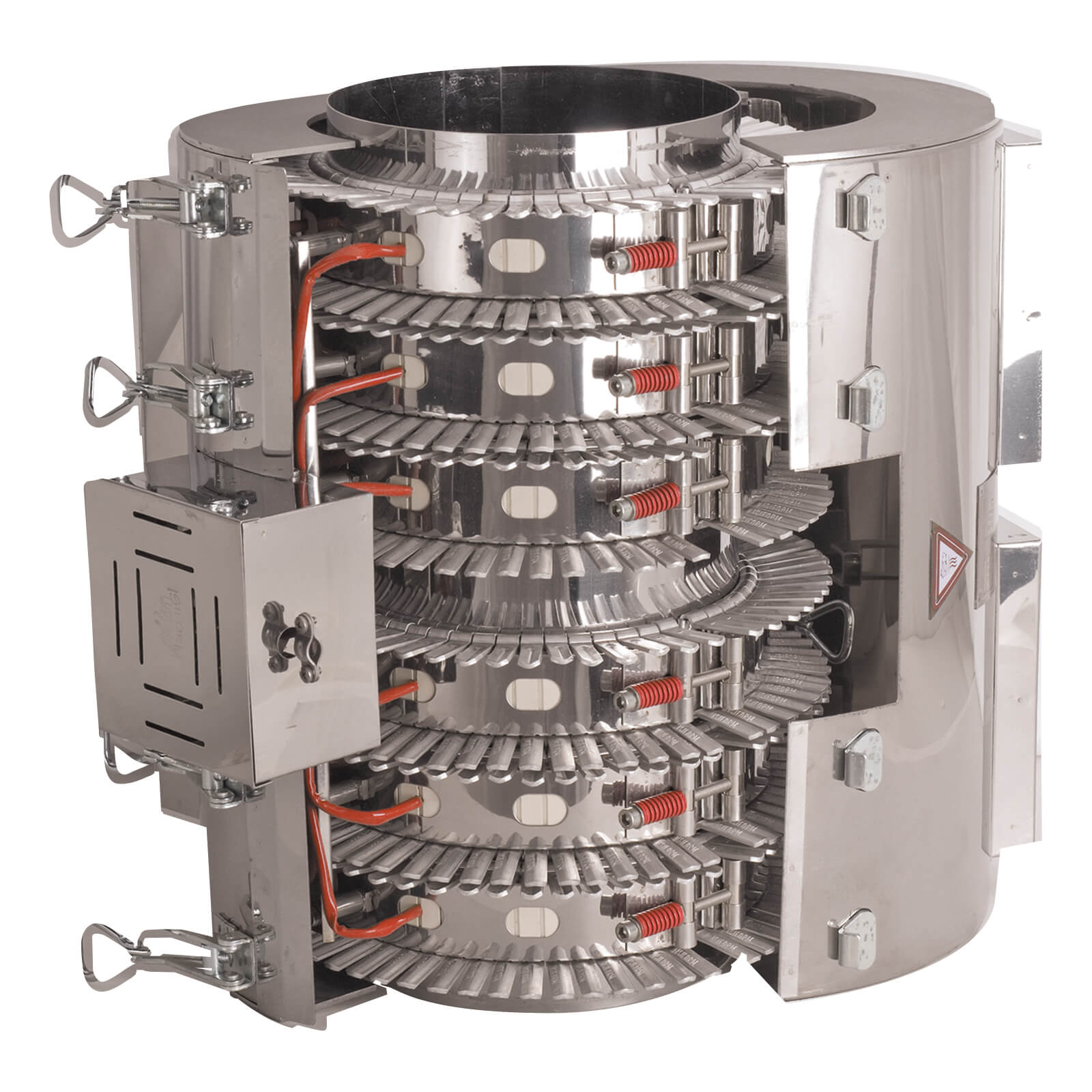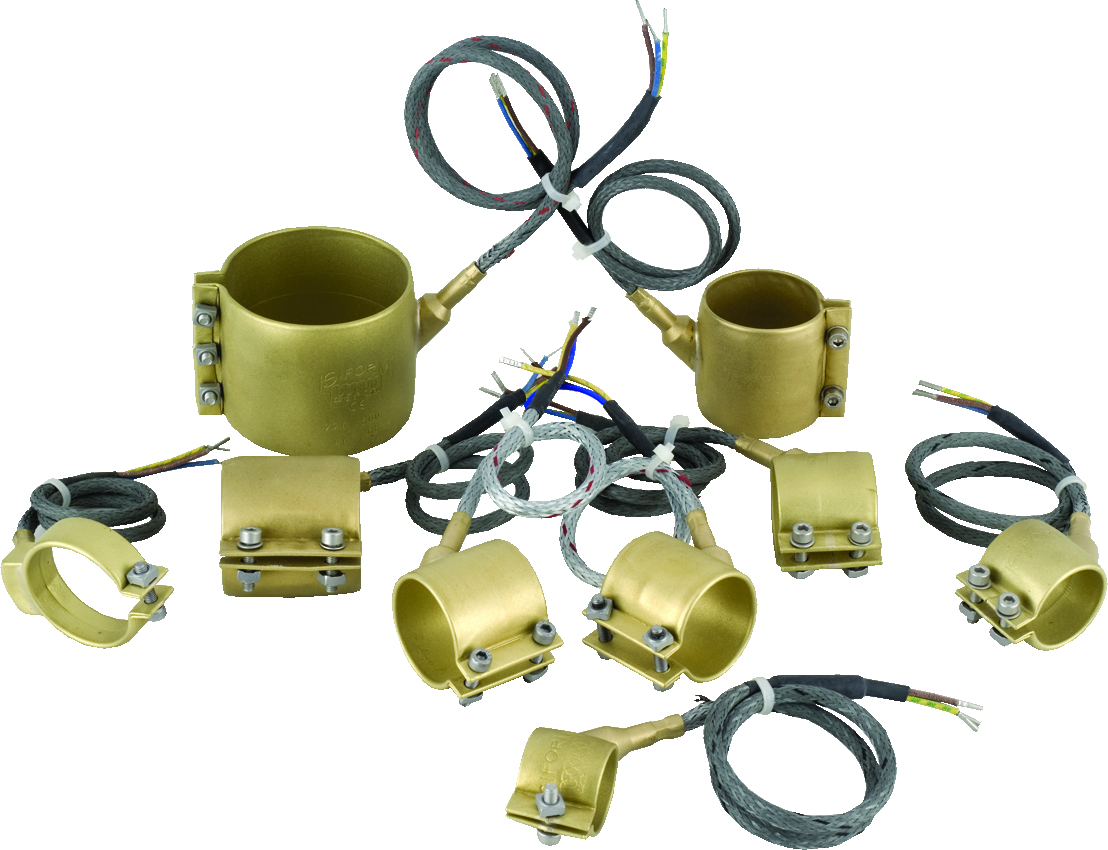Load Bank and Resistors
The term "load bank resistance" is a concept related to electrical engineering and test equipment. A load bank is an electrical test equipment typically used in laboratories or industrial applications. It is used to test and measure the performance of electrical circuits or devices. Load banks can simulate various resistance values and apply a specific load to an electrical circuit.
Load bank resistance refers to the total value of the resistances inside the load bank. A load bank is usually used to test how devices connected to a particular electrical circuit respond when connected to it. It is especially used to evaluate the performance of power supplies, regulators, or other electronic devices.
Load bank resistance can have different values depending on the design of the load bank and the intended application. Load banks usually have adjustable resistances, allowing it to simulate different load conditions. This allows the performance of the electrical circuit or device under different operating conditions to be tested.
Load bank resistance helps determine the load required for a particular test or application and is therefore important to electrical engineers and technicians.
Step Testing: The load bank features multiple stages that provide step testing. This feature provides accurate simulation of real-world conditions and offers flexibility in various load scenarios.
Customizable Design: Each load bank is custom-built to order and tailored to your specific application requirements. We can customize the load bank to your needs by making adjustments to power capacity, dimensions or connection options.
High-Quality Components: Our load banks are built using premium materials and components to ensure long-lasting performance and reliability.
User-Friendly Interface: Equipped with an easy-to-read digital display and intuitive controls, our load bank offers simple operation and monitoring.
Safety Features: Integrated safety mechanisms such as overload protection, thermal shutdown and emergency stop ensure safe and secure operation at all times.
----------------------------------------------------------------------------
Application Areas
Power Generation Testing: Verifying the performance and reliability of generators under various load conditions.
UPS System Testing: Ensuring that uninterruptible power supply systems can handle maximum loads.
Battery Discharge Test: Assess battery performance and durability.
Load Optimization: Optimize load distribution for data centers, telecom infrastructure, and other critical facilities.
Customization Options: Our engineering team works closely with customers to design and manufacture load banks to their exact specifications. From custom enclosures to specific resistance values, we offer solutions that fit your operational needs.
NON-PRIVACY PROJECTS
Fan Resistance Load Bank examine
Isıform Resistance Load Bank examine
400Volt, 120 Kw, 3 Phase, 57 Element Load Bank, Busbar examine
600VDC 180 kW ( 9- 18 -27 -36 -45 -45 kW) 6 stage fan wheeled load bank examine
3 Phase + neutral, Phase head 250V, 107 KW, 6 stages, Contactor, Fan cooled, Wheeled Load bank examine
Braking Resistor Load Bank examine
5 stage load bank examine
1400 Ampere Pipe Resistance Load Bank Resistance examine
Load Bank, Resistance examine
Mobile Fan Cooled Load Bank – 500V DC / 20A examine








